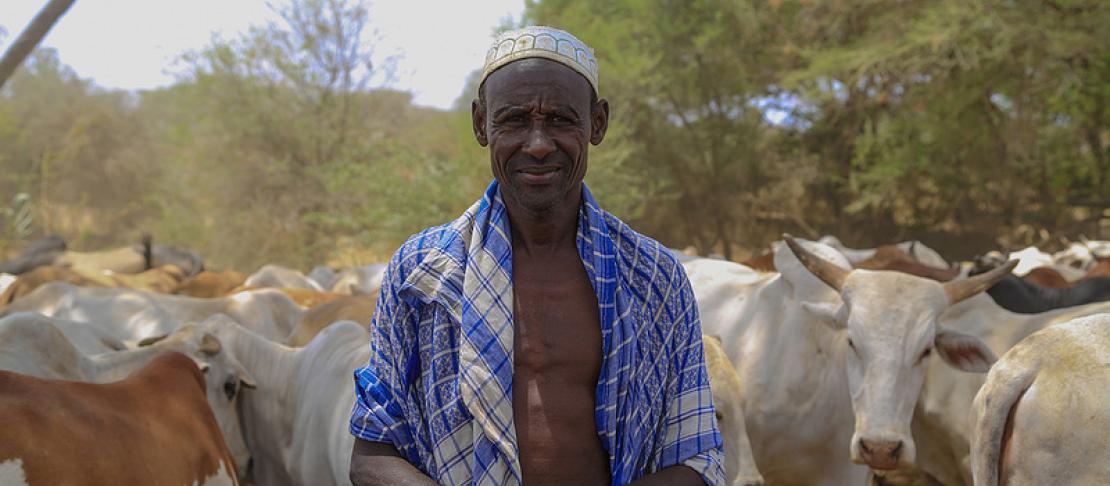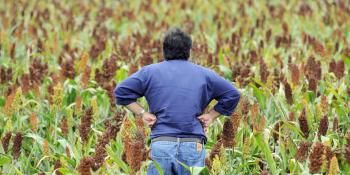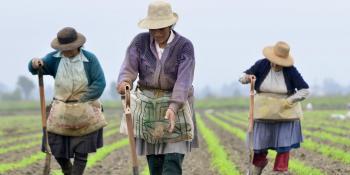New study models where agriculture is heading under climate change

World's leading economic modelers put their minds together and came up with scenarios for agriculture and food production under climate change.
Re-posted press release from the International Food Policy Research Institute (IFPRI)
Climate change will alter future weather and change crop and animal productivity. But economic models differ on the magnitude of these changes, according to the world’s lead economic modelers. Estimates on both the direction and magnitude are crucial to address world food security issues at global, regional, and national levels. Outputs from climate, crop and economic models are central to understanding the range of possible outcomes.
A new study, published in a special feature of the December 17 issue of the Proceedings of the National Academy of Sciences, brings together nine of the world’s most important economic modeling teams with a focus on agriculture to compare their results about the future of agriculture.
The paper is the product of a multi-year collaboration between leading global research teams under the Agricultural Model Intercomparison and Improvement Project (AgMIP) and the Inter-Sectoral Impact Model Intercomparison Project (ISI-MIP).
“This is the first time that so many of the world’s leading global modelers have worked together to understand where their results are similar, where they differ, and importantly, why they differ,” said Gerald Nelson, the study’s lead author, who represented the International Food Policy Research Institute (IFPRI) and the CGIAR Research Program on Climate Change, Agriculture and Food Security (CCAFS) in the project. “The future is uncertain, but understanding what the world’s leading modelers think about how agricultural producers, food consumers, and international trade flows will respond provides valuable guidance to both the public and private sectors as they think about policy changes and investment priorities.”
An IFPRI economic modeling team contributed results to the comparison project. These results built on previous model integration and improvement efforts undertaken in the Global Futures for Agriculture project, funded by the Bill and Melinda Gates Foundation and CCAFS.
The study responds to a long-standing need for a systematic comparison of model results for agricultural futures scenarios, because past results have varied widely, due to differences in model structures and parameters, choice of scenarios, and data. To respond to this demand the modeling groups harmonized key model scenario inputs in three key categories.
Read the rest of the Press Release on the IFPRI site: Major economic models on climate change and agriculture point in same direction, but differ on magnitude of effects.
An accompanying blog post has been published: Merging models to compare food security impacts of climate change



